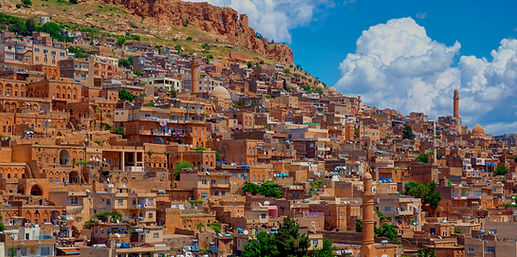Ending Rohingya ethnic cleansing global duty: Bangladesh's Yunus
- jasonmoorebox
- Aug 24
- 2 min read

Bangladesh’s interim leader and Nobel Peace laureate Muhammad Yunus said Monday that there is a "moral responsibility" to end the ethnic cleansing of Myanmar’s persecuted Rohingya minority.
More than a million members of the mostly Muslim people live in refugee camps in Bangladesh's Cox's Bazar region, most of whom arrived after fleeing a 2017 military crackdown in neighboring Myanmar.
"Bangladesh now hosts 1.3 million forcibly displaced Rohingya from Myanmar," Yunus told the aid conference in Cox's Bazar, calling it the "largest refugee camp in the world."
The talks aim to address the plight of Rohingya refugees and seek the "early, voluntary and sustainable return" to Myanmar, he said, even as fresh arrivals cross over and shrinking aid flows deepen the crisis.
"Due to continued persecution, Rohingya continue to leave Myanmar," Yunus said.
"It is our moral responsibility to take the right side of history and stop the armed actors from carrying out their horrible design of ethnic cleansing of the entire Rohingya populace."
The talks Monday come ahead of a U.N. conference on the crisis in New York on Sept. 30.
Yunus said that while his nation was hosting Rohingya refugees, it needed global support.
"It is not only the responsibility of Bangladesh, but also of the international community, to share the burden of the Rohingya crisis," he said.
Bangladesh faces its own challenges, emerging from the mass uprising in August 2024 that overthrew the government of Sheikh Hasina, with fresh elections expected in February.
During the past eight years, Bangladesh, especially the community in Cox's Bazar, has been "making a tremendous sacrifice," Yunus said.
"The impact on our economy, resources, environment and ecosystem, society and governance has been huge," he added.
"We don't foresee any scope whatsoever for further mobilization of resources from our domestic sources, given our own challenges."
Yunus added that while Bangladesh was "working relentlessly" to end the crisis, it could not do it alone.
"The Rohingya crisis emanated from Myanmar," he said. "And the solution also lies there."




Comments